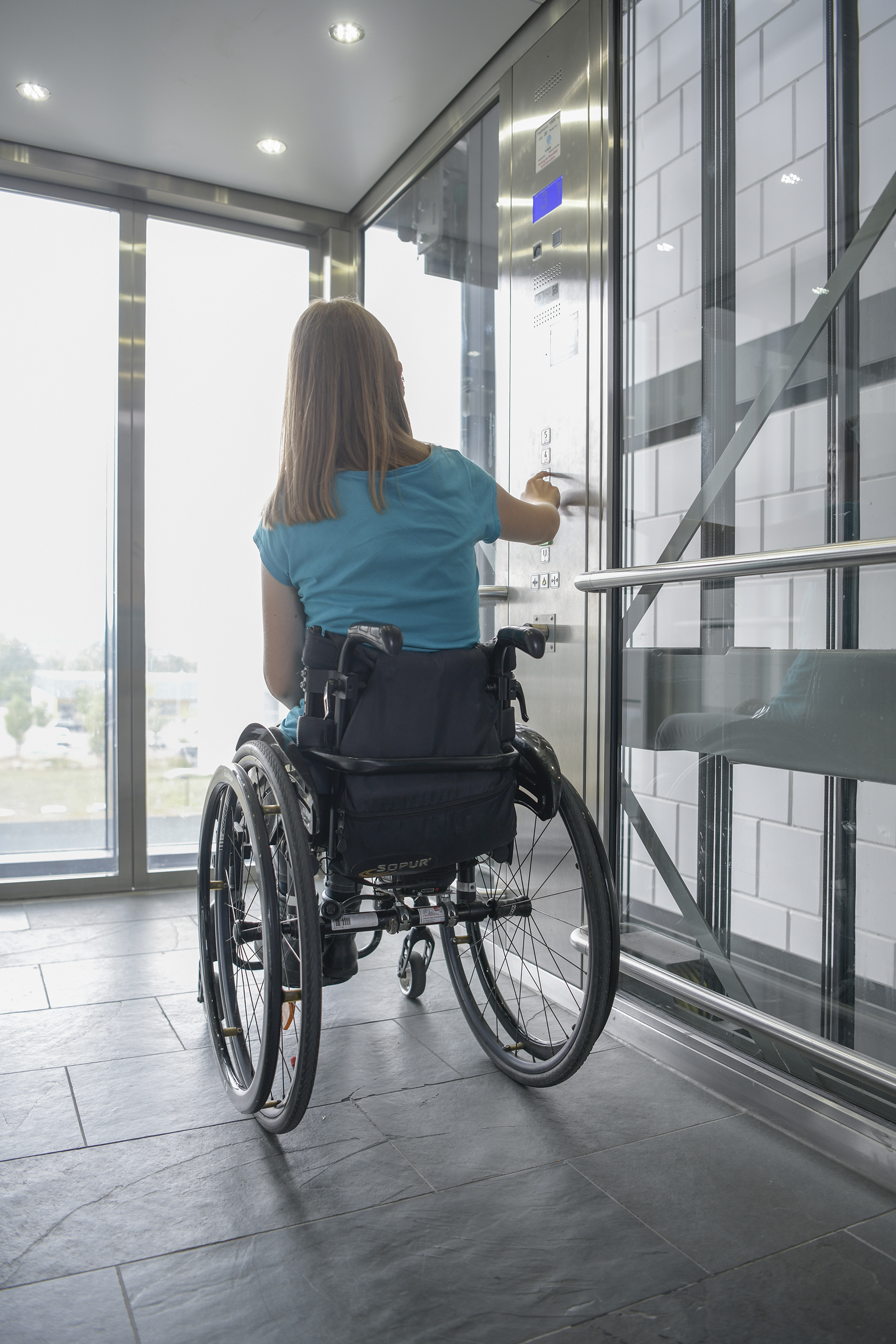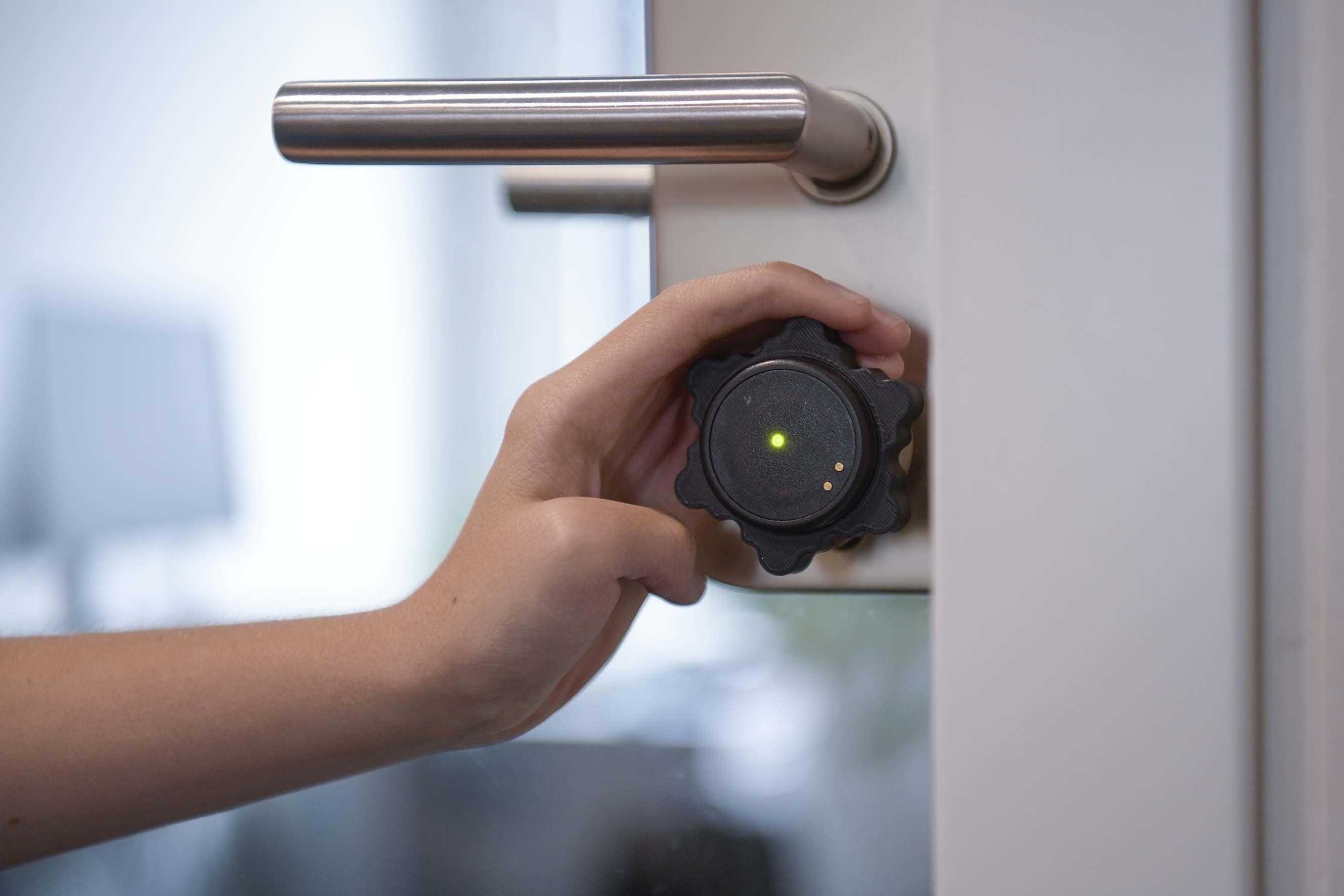Diversity and inclusion are part of our corporate philosophy. People with disabilities should be able to contribute their talents and qualifications to us without restriction. The environment should support their strengths. People with and without disabilities should work together as a matter of course.
That's why the Institute's Representative Council for Employees with Disabilities is particularly committed to the interests of employees with disabilities. Ina Lammel is an employee in the »Optimization« division and has represented her colleagues in this position since 2022.
She has been at Fraunhofer ITWM since November 2019. Already in 2018, she started working here as a student at our institute and completed her PhD at the institute as well.


